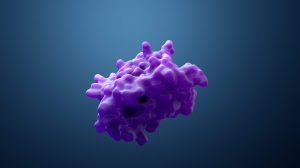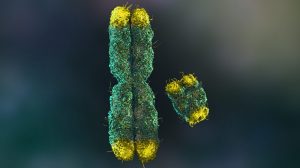Definition
noun
An extremely high fever that is greater than or equal to 41°C (105.8°F)
Supplement
Hyperpyrexia is a fever that is extremely high. In humans, the normal body temperature is around 37 °C (98.6 °F) as measured by an oral thermometer. However, the body temperature would normally vary depending on different factors such as the age and the time of the day at which the temperature is measured. Nevertheless, a body temperature that is above the normal, particularly 37.5 or 38.3 °C (99.5 or 100.9 °F), is regarded as fever. And a body temperature that is equal to or greater than 41°C (105.8°F) is regarded as hyperpyrexia. It is often associated with infectious diseases. Such a high temperature is regarded as a medical emergency because it may lead to health-risk conditions such as sepsis.
Hyperpyrexia is sometimes regarded as synonymous to hyperthermia (or hypoerthermy). However, certain references differ hypothermia from hyperpyrexia in a way that in hyperthermia, the body temperature rises above its set point as triggered by an outside source (i.e. hot environment).1
See also:
- fever
- hyperthermy
- hyperthermia
Related term(s):
Reference(s):
1Loscalzo, Joseph; Fauci, Anthony S.; Braunwald, Eugene; Dennis L. Kasper; Hauser, Stephen L; Longo, Dan L. (2008). “Chapter 17, Fever versus hyperthermia”. Harrison’s principles of internal medicine. McGraw-Hill Medical.







